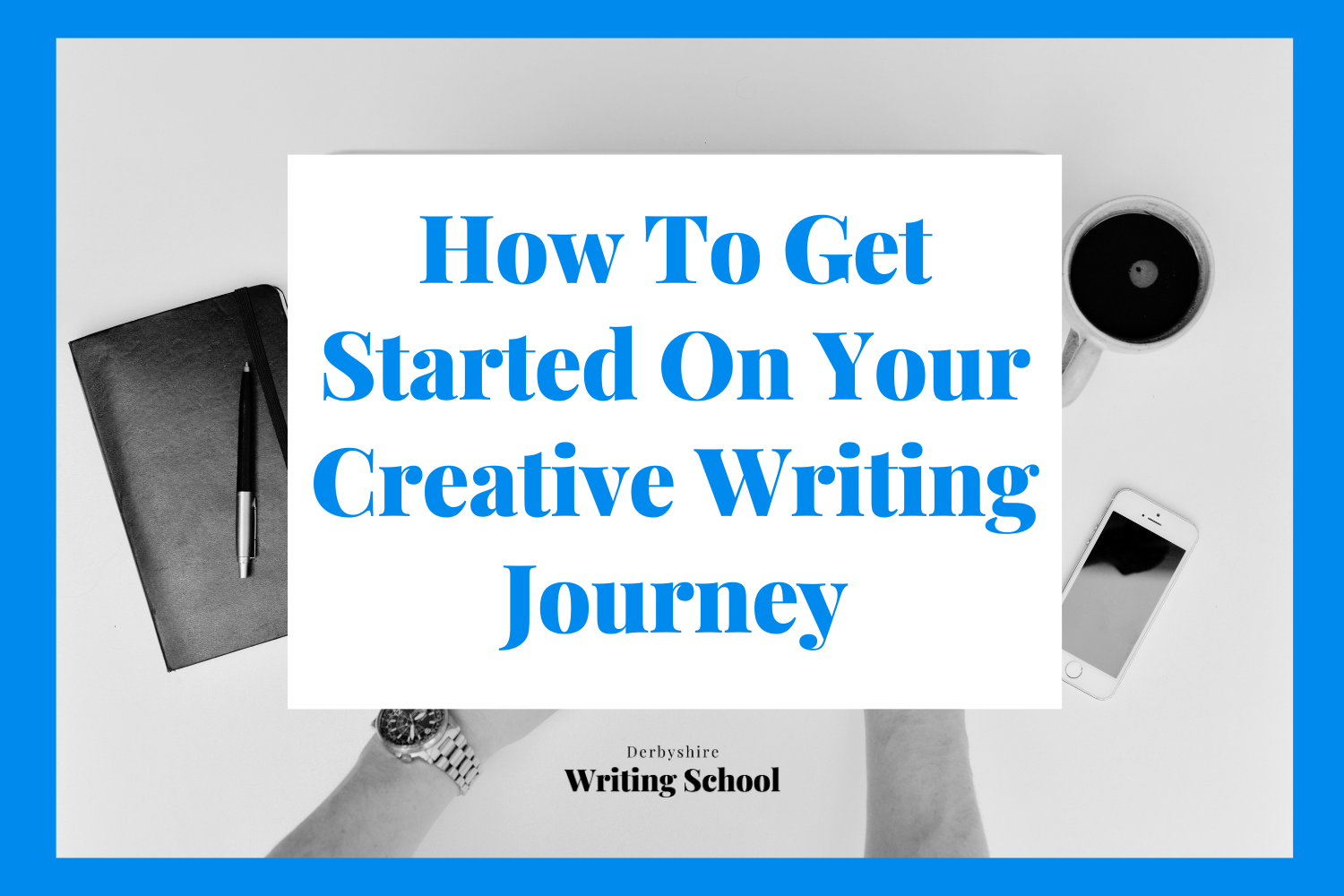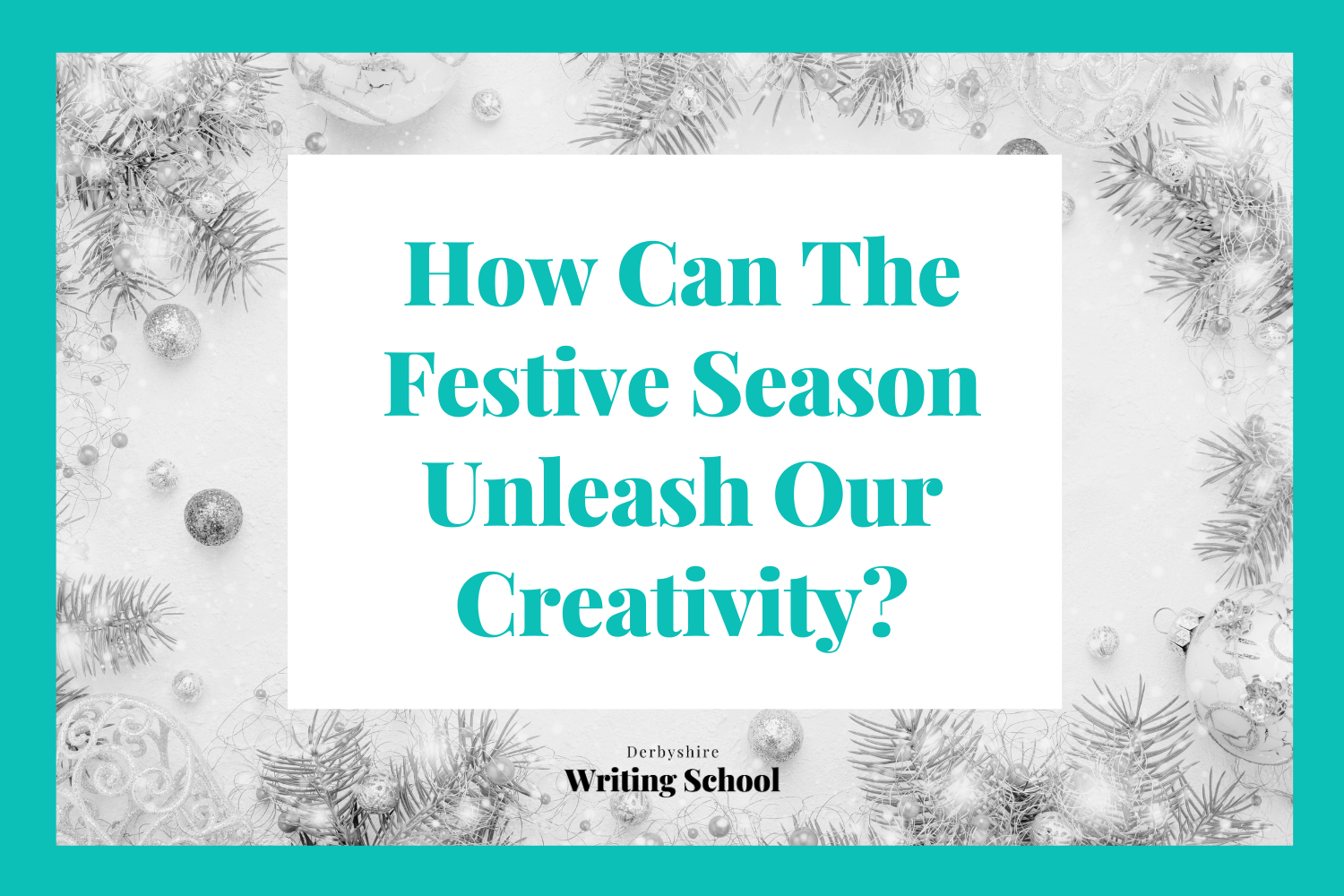Here's Why Our Stories Don't Always Need A Happy Ending
There’s no doubt about it. We often love it when a book we’re reading closes with a happy ending. They offer a sense of reassurance and joy to readers. Whether it’s the classic example of a couple overcoming obstacles to be together, or the climax of a journey of self-discovery for a protagonist, the happy ending is a treasure of the writing world. It can feel satisfying.
Do our stories always need a happy ending?
A happy ending isn’t always necessary. A happy ending is just one of the many possibilities we have at our fingertips. It’s easy to think that we have to end things in a pleasant, positive way. Yet, as writers, we are never tied down. We can explore alternatives and offer a different kind of experience instead.
This creative writing blog will explore why the traditional happy ending isn’t something we always need to use in our stories. You can read more about editing your book and the different forms of ending and character arcs in our writing workbooks.
Reason #1 - Different experiences
The happy ending can sometimes feel a little predictable. As much as they offer us a sense of satisfaction, it could be a fun experiment to try and surprise readers with something different, something fresh. Sometimes, other strong feelings and emotions besides happiness, can give us that sense of satisfaction. For example, we could consider a good plot twist. An unexpected ending for both character and reader, has the potential to be an impactful ending too.
Readers typically want to be captivated by a story, to become emotionally invested. There’s no rulebook to say this always has to be achieved by creating a feeling of happiness. The Boy in the Striped Pyjamas for instance, utilises painful emotions and tragedy to create an incredibly powerful story. Sometimes, it’s the more difficult feelings which can make the biggest impact.
Reason #2 - Out of our comfort zones
Think back over the stories you’ve written. What’s your writing habit when it comes to those final moments? Do you tend to lean towards a completely resolved ending? Is your protagonist usually fulfilled by the end of the story? If this is the case, why not challenge yourself to write an ending with a completely different feel?
It’s a chance to stretch your creativity as a writer, and perhaps take yourself on an unexpected journey with your story. You may be surprised by the results. You might create an ending that you fall in love with, or write something you never expected. That’s the beauty of creative writing. The possibilities are endless.
While it can be frightening to try something we’re less familiar with, it’s also a wonderful lesson to ourselves, and a way to develop confidence in our ideas, and our words.
Reason #3 - Relatability
One of the greatest attributes of the happy ending in literature is that we can gain a sense of comfort from it. Yet, it is also interesting to consider how a more difficult ending can also make us feel similar feelings in a different way.
An ending that explores feelings such as heartbreak, or unresolved ambitions, for example, may reflect difficult journeys we experience in our own lives. Feelings may be generated which we can connect with, or relate to. This is where that sense of comfort might come from.
Take Brokeback Mountain, for example. It’s a story that explores the painful side of love, and ultimately, the theme of heartbreak. Reading about these kinds of things in stories can help make us feel like we’re not alone in our personal experiences.
The ending of our stories is full of potential, and full of more writing opportunities. Possibly the most important thing to ask yourself is, does the ending serve your story well? Does it feel right? Trust in your own instincts, you won’t go far wrong. See where the story takes you. Even if you feel stuck, the important thing is to keep going! We’d love to hear what you think makes an effective ending, so please, get in touch!













